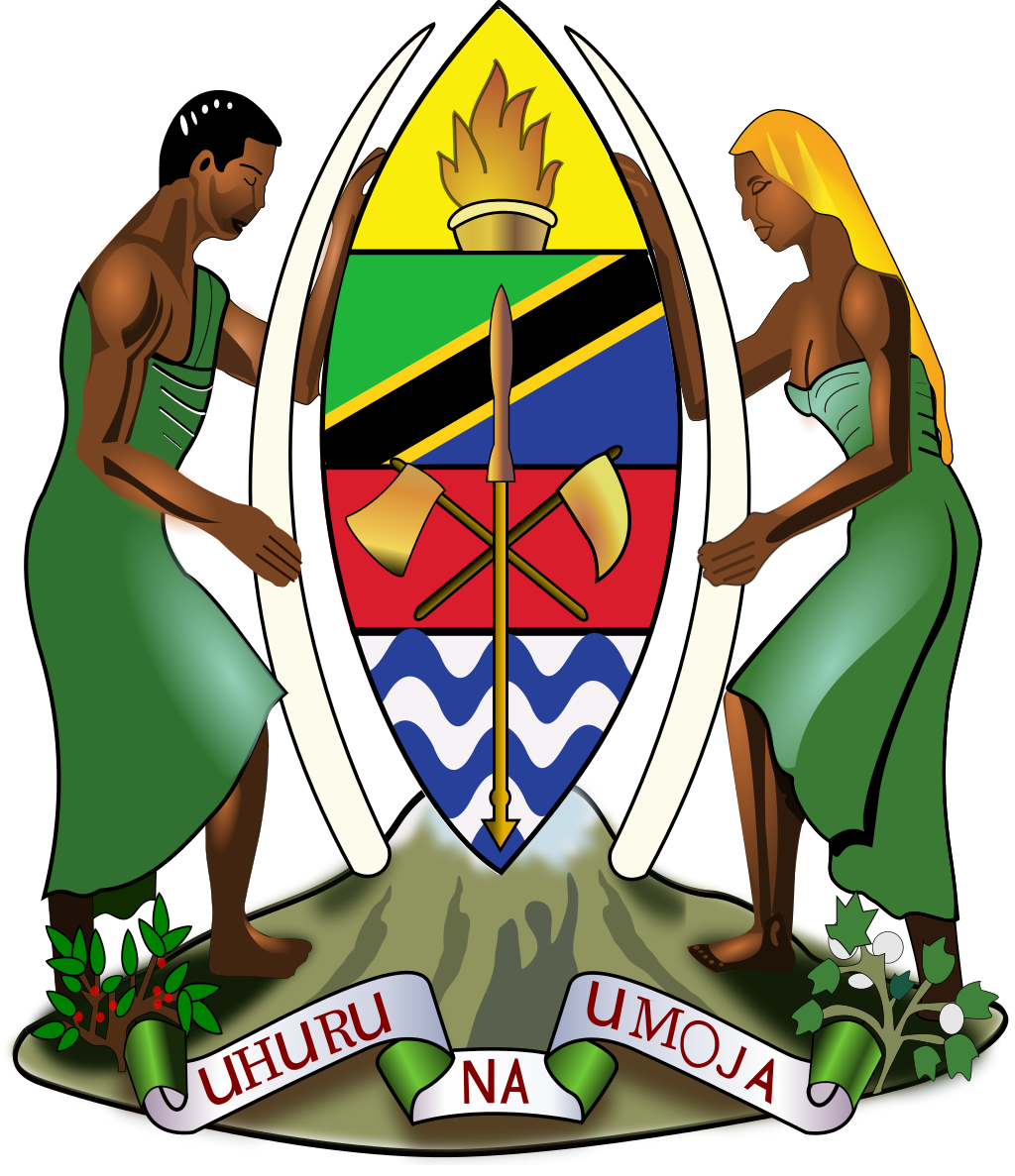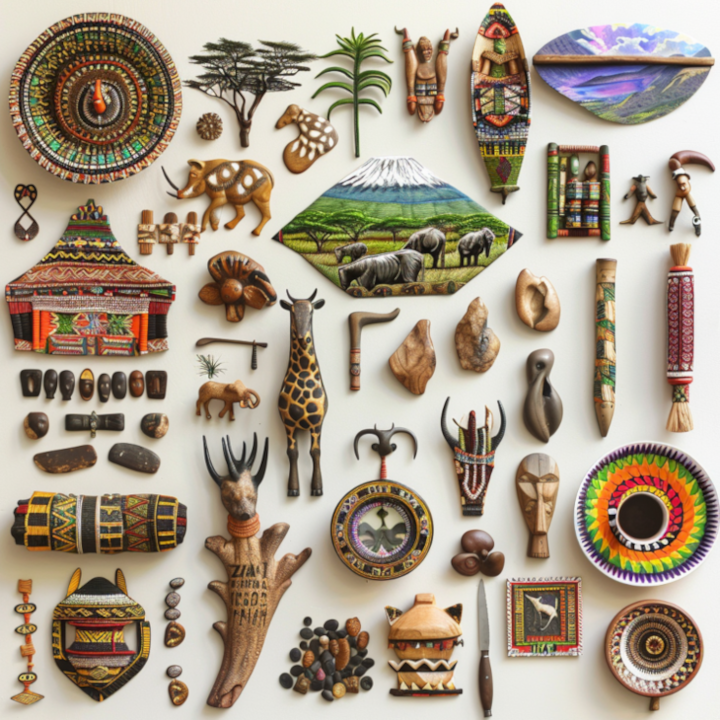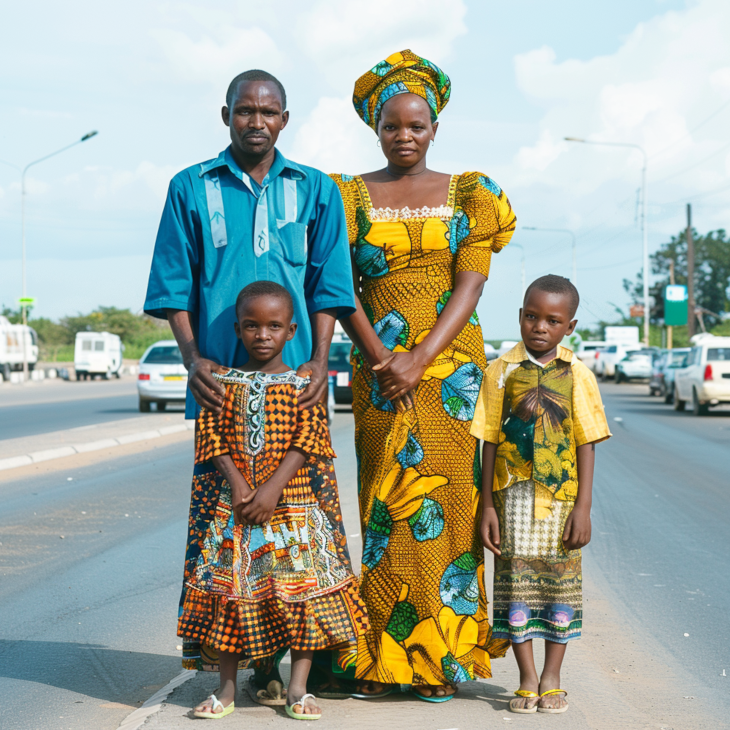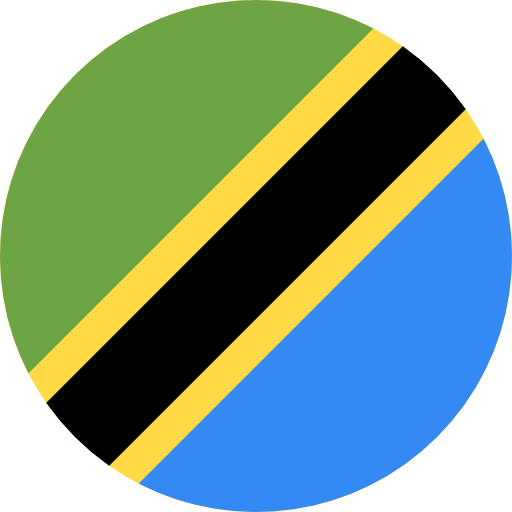About TZ

Location
Tanzania is located in East Africa, bordered by Kenya and Uganda to the north, Rwanda, Burundi, and the Democratic Republic of the Congo to the west, Zambia and Malawi to the southwest, Mozambique to the south, and the Indian Ocean to the east.
Capital
The capital city of Tanzania is Dodoma, although Dar es Salaam serves as the largest city and the principal commercial city.
Population
As of the latest estimates, Tanzania has a population of approximately 61.5 million people, making it one of the most populous countries in East Africa and the African continent.
Area
Tanzania covers an area of about 945,087 square kilometers (364,900 square miles), making it the largest country in East Africa.
Official Language
The official languages of Tanzania are Swahili and English. Swahili, also known as Kiswahili, is widely spoken across the country and serves as the primary language of communication.
Government
Tanzania is a unitary presidential republic with a multi-party system. The President serves as both the head of state and government and the country is governed by a constitution.
Independence
Tanganyika, which later merged with Zanzibar to form Tanzania, gained independence from British colonial rule on December 9, 1961.
Currency
The currency of Tanzania is the Tanzanian shilling (TZS).
Economy
Tanzania has a mixed economy with agriculture as the mainstay. The country's economy is also supported by industries such as mining, manufacturing, tourism, and services. Agriculture employs the majority of the workforce and produces crops such as coffee, tea, cotton, and cashew nuts.
Natural Features
Tanzania is known for its diverse landscapes, including the Serengeti Plains, Mount Kilimanjaro (the highest peak in Africa), the Ngorongoro Crater, and the tropical islands of Zanzibar. The country is also home to a rich variety of wildlife, including elephants, lions, leopards, rhinos, and buffalo.
Culture
Tanzania is culturally diverse, with over 120 ethnic groups, each with its traditions, languages, and customs. Traditional music, dance, and art are integral parts of Tanzanian culture, and ceremonies such as weddings, coming-of-age rituals, and harvest festivals are celebrated across the country.
Challenges
Tanzania faces various challenges, including poverty, limited access to healthcare and education, environmental degradation, and political corruption. The country also grapples with issues such as HIV/AIDS, malaria, and food insecurity.
Infrastructure
Tanzania's infrastructure is relatively underdeveloped, particularly in rural areas. While the road network is improving, access to electricity, clean water, healthcare, and education remains limited in many parts of the country.
International Relations
Tanzania maintains diplomatic relations with countries around the world and is a member of various international organizations, including the United Nations, the African Union, and the Commonwealth of Nations.
Tourism
Tanzania is a popular tourist destination, attracting visitors with its natural attractions, wildlife, and cultural heritage. Major tourist destinations include national parks such as the Serengeti, Tarangire, and Selous, as well as Mount Kilimanjaro and the island of Zanzibar.

National Items of Tanzania
Mount Kilimanjaro
Mount Kilimanjaro, the highest peak in Africa, symbolizes Tanzania's natural beauty, geological significance, and adventurous spirit.
Serengeti National Park
Serengeti National Park is famous for its annual migration of over 1.5 million wildebeest and hundreds of thousands of other animals. It symbolizes biodiversity, wildlife conservation, and natural beauty.
Zanzibar Archipelago
The Zanzibar Archipelago, including Zanzibar and Pemba islands, symbolizes Tanzania's rich cultural heritage, historical significance in trade, and stunning beaches.
Tanzanite
Tanzanite is a rare gemstone found only in Tanzania. It symbolizes the country's mineral wealth, uniqueness, and economic importance.
Baobab Tree
The baobab tree is commonly found in Tanzania and symbolizes resilience, longevity, and the natural beauty of the landscape.
Maasai Culture
The Maasai people, known for their distinctive dress and customs, symbolize Tanzania's cultural heritage, traditional lifestyles, and pastoral traditions.
Ngorongoro Crater
The Ngorongoro Crater is a UNESCO World Heritage site and one of the world's largest volcanic calderas. It symbolizes natural beauty, geological significance, and biodiversity.
Kanga
Kanga is a colorful piece of fabric worn by women in Tanzania. It symbolizes cultural identity, traditional fashion, and social communication through printed messages.
Coffee
Tanzania is known for its high-quality coffee, particularly from the Kilimanjaro and Mbeya regions. It symbolizes agricultural heritage, economic significance, and global trade connections.
Lake Victoria
Lake Victoria, the largest lake in Africa, symbolizes natural beauty, freshwater resources, and economic activities like fishing.
Clove
Cloves are a significant agricultural product from Zanzibar. They symbolize agricultural heritage, economic importance, and the historical spice trade.
Bongo Flava
Bongo Flava is a popular Tanzanian music genre. It symbolizes modern cultural expression, artistic innovation, and youth culture.
Tinga Tinga Art
Tinga Tinga art is a distinctive Tanzanian painting style known for its vibrant colors and whimsical themes. It symbolizes cultural heritage, artistic expression, and traditional craftsmanship.
Tanzanian Cuisine
Tanzanian cuisine, including dishes like Ugali (a type of maize porridge) and Nyama Choma (grilled meat), symbolizes the rich culinary heritage and diverse cultural influences.
Sukuma People
The Sukuma are the largest ethnic group in Tanzania. They symbolize cultural diversity, traditional practices, and social structures.
Selous Game Reserve
The Selous Game Reserve is one of the largest faunal reserves in the world. It symbolizes wildlife conservation, biodiversity, and natural beauty.
African Blackwood (Mpingo)
African Blackwood, also known as Mpingo, is highly valued for making musical instruments. It symbolizes natural resources, economic importance, and cultural heritage.

The country does have a national anthem that is sung in Swahili and is commonly referred to as "Mungu ibariki Afrika" (God Bless Africa). Here are the lyrics in Swahili along with an English translation:
Mungu ibariki Afrika
Wabariki viongozi wake
Hekima, Umoja na Amani
Hizi ni ngao zetu
Afrika na watu wake.
God bless Africa,
Bless its leaders
Wisdom, Unity, and Peace
These are our shields
Africa and its people.


